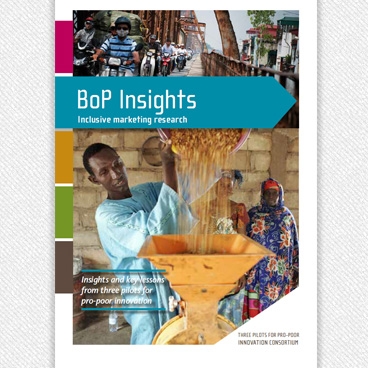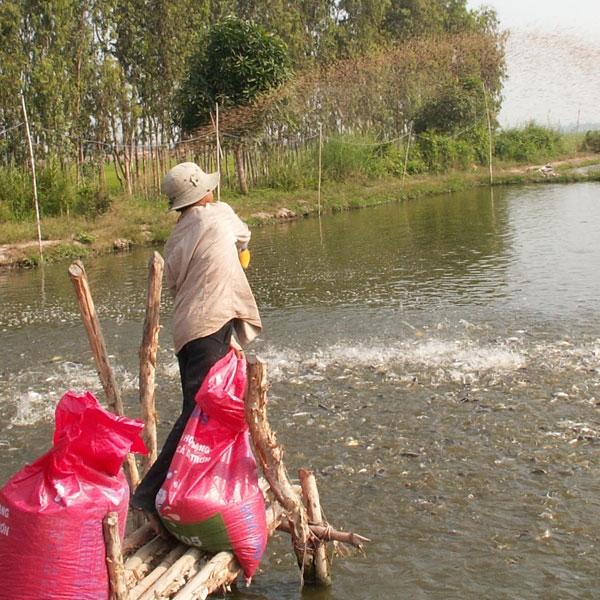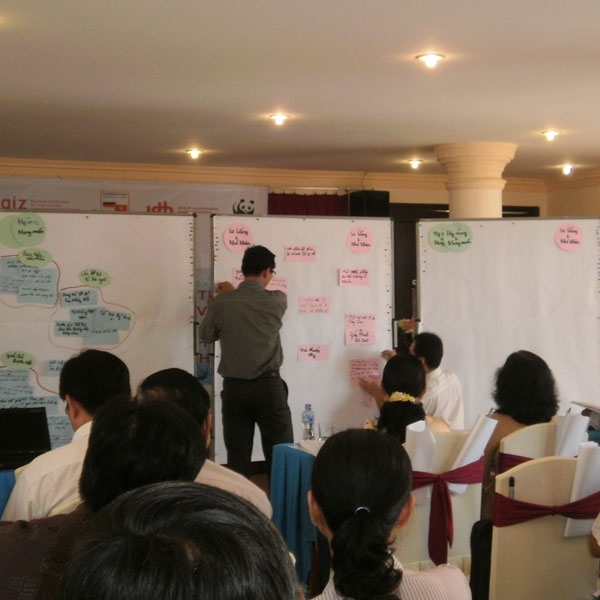HANOI – ‘The demand for sustainable and safe food is growing in Vietnam, and the spending power for such products has increased.
This creates opportunities for Vietnamese farmers and Dutch entrepreneurs, who are internationally renowned for their expertise in sustainable agricultural methods,’ development cooperation minister Ben Knapen said on Tuesday after visiting a sustainable vegetable producer near the Vietnamese capital Hanoi.
The minister is paying a working visit to Vietnam to witness the transition from aid to trade and investment. Vietnam has an economic growth rate of around 5%, and is one of the three developing countries where the Netherlands is deploying knowledge and experience accumulated through development cooperation for economic diplomacy.
The minister visited a sustainable vegetable farm, established with the help of development funding as well as with private financial support by specialists from the Dutch food chain company Fresh Studio. He spoke with women who have been trained to cultivate 18 types of high-quality vegetables without excessive use of pesticides. The women produce vegetables such as amaranth, choy sum, cucumber, aubergine, kang kong, kohlrabi and spinach on their smallholdings, destined for the Vietnamese market.
The successful vegetable chain is now financially independent, and each day supplies large volumes of safe, fresh vegetables to the population of Hanoi. Fresh Studio currently has plans, together with PepsiCo and (on the Dutch side) HZPC, Wageningen UR and Agrico, to devise a new sustainable food chain for potatoes. Mr Knapen has asked the company to elaborate on these plans, and to send them to NL Agency for a final assessment.
Mr Knapen also visited the deputy foreign minister, Bui Thanh Son. Topics of discussion included bilateral ties, cooperation and dialogue between the European Union and Vietnam in various fields, including human rights. The World Bank’s annual meeting was also discussed. On Wednesday Mr Knapen will travel to Ho Chi Minh City to learn about flooding and water management problems there.
Source: www.rijksoverheid.nlAlso interesting to read:








